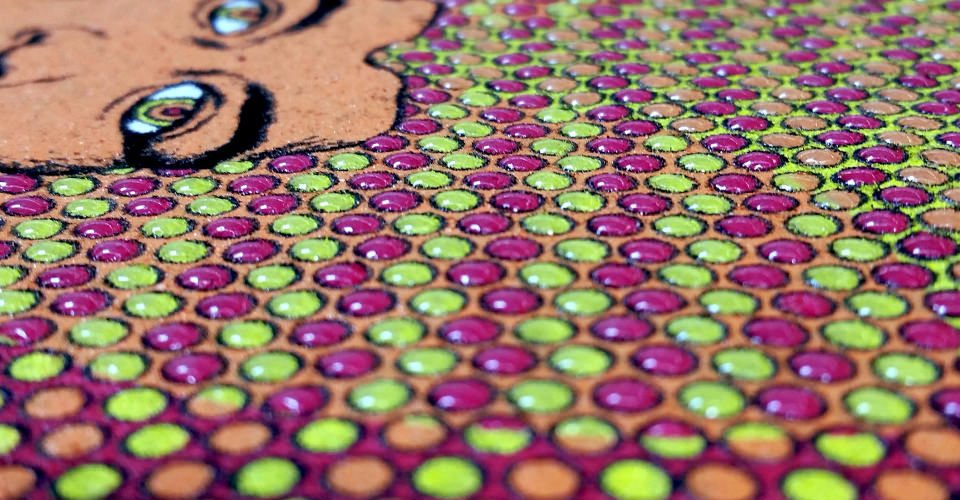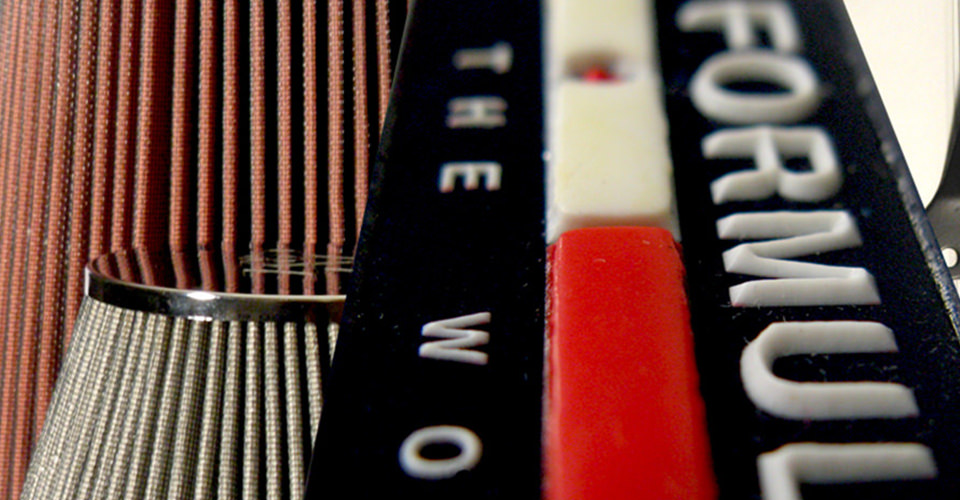Why So Many Different Types Of Inks?
March 31, 2010
Printers have been asking us about all the new inks that have come onto the market over the last one or two years. Are standard plastisols still OK to use? What’s the difference between phthalate compliant and non-phthalate inks? What about non-PVC inks? Here is Steve Kahane, International Coatings’ President with more insight:
“Until recently, printers had two basic ink choices – PVC plastisol or water base inks. That’s no longer the case. Standard PVC plastisol continues to be the most widely used textile ink for T-shirt type printing in the U.S. Standard water base inks are the most widely used textile inks in the U.S. for items other than T-shirts, and for all textiles outside the U.S. But more attention is now being given to phthalate compliant, non-phthalate and non-PVC plastisol ink systems and to high-solids water base ink systems that don’t contain harmful solvents and dyes, and offer some of the same attributes as plastisols.
Why so many inks? Well, the push to ‘greener’ or more ecologically friendly products has driven the increase in the number and range of ink products. Phthalates, the primary plasticizer used in plastisols, have been receiving a lot of attention both here and abroad. The U.S. Consumer Product Safety Commission (CPSC) and several states have restricted the use of certain phthalates in baby toys and child care articles. In addition, many of the major retailers and branded product lines are restricting the use of those and several other phthalates in their baby, child and youth products. (For more info on this topic, you can check out our previous blogs on Phthalates and CPSIA Updates).
In response, International Coatings has been converting its inks to phthalate compliant formulas. That is to say, they don’t contain any of the phthalates restricted by the U.S. and major international regulations, and by the major retailers and brands.
Non-Phthalate inks go one step further. They don’t contain any ortho-phthalates, the type of phthalates of concern, or they may contain no phthalates at all. By definition, non-phthalate inks are phthalate-compliant. Many of International Coatings’ products are also non-phthalate.
Non-PVC inks don’t contain any PVC resins or phthalate plasticizers. They are typically water base or a non-PVC plastisol. Unfortunately, non-PVC inks don’t yet offer all of the attributes or options available with PVC plastisols. But their performance and handling have been improving (stay tuned for more news on this, coming soon). High solids water base inks (up to 70% solids compared to less than 20% solids for standard water base) such as International Coatings’ GEN IV line, offer opacity, processing and effects closer to plastisols than what might be expected from water base inks.
Are standard PVC plastisols and water base inks still OK to use? For most applications, absolutely. Just be sure to understand your customers’ requirements before you begin printing, so you can be sure to use the right type of ink for the job.
As always, feel free to contact us with any questions.”
For more info, go to www.iccink.com or contact us at icinfo@iccink.com.



